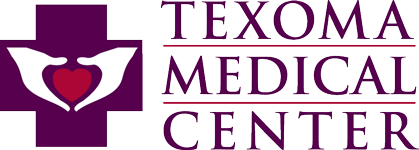Diagnosing and Treating Vascular Conditions
The vascular system is the intricate network of blood vessels – including arteries, veins, and capillaries – that transports blood throughout the body to deliver oxygen, nutrients and hormones. Vascular surgery focuses on the diagnosis, treatment and management of conditions affecting the blood vessels throughout the body, including the following vascular diseases and conditions:
- Arterial diseases involving the narrowing or blockage of arteries, which can lead to reduced blood flow to organs or extremities. This can cause serious complications such as peripheral artery disease, pulmonary embolism, thoracic aortic aneurysms, mesenteric occlusive or aneurysmal disease, renal artery occlusive or aneurysmal disease, peripheral aneurysms, diabetic foot problems or aortic dissections.
- Venous diseases involving problems with the veins, such as varicose veins, deep vein thrombosis, chronic venous insufficiency or venous occlusions.
- Lymphatic disorders involving issues with the lymphatic system – which is responsible for draining fluid and waste products from the body's tissues – such as lymphedema.
Vascular Surgeries in Denison, TX
Vascular surgeons at Texoma Medical Center employ various diagnostic techniques, such as ultrasound, angiography and CT scans, to assess and evaluate the condition of the blood vessels. Based on these findings, the following surgeries and procedures may be performed:
- Endovascular procedures are a minimally invasive approach for treating blood vessel conditions like aneurysms, atherosclerosis, peripheral artery disease and carotid artery disease. These procedures use small punctures or incisions to access the affected arteries or veins through catheters to restore blood flow using balloons, stents or other specialized devices.
- Bypass surgery is a procedure designed to create an alternative pathway for blood flow when there is a blockage or narrowing in a blood vessel. The surgery uses grafts from healthy sections of other blood vessels to allow blood to flow freely to the intended destination.
- Carotid surgery is a surgical procedure performed to remove plaque buildup from the carotid arteries, which are the major blood vessels located on each side of the neck that supply blood to the brain. The purpose of carotid surgery is to reduce the risk of stroke by restoring proper blood flow to the brain and preventing the progression of carotid artery disease.
The primary goals of vascular surgery are to restore adequate blood flow, prevent further damage to the blood vessels, alleviate symptoms and improve overall vascular health. Vascular surgeons aim to enhance patient outcomes, preserve limb functionality and reduce the risk of serious complications associated with vascular diseases.
Schedule an appointment
Complete our general appointment form, call the free referral service at 903‑416‑3627 or search for a doctor online.
